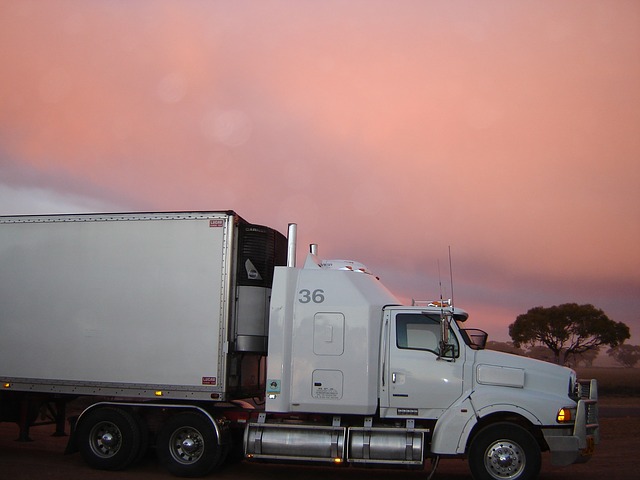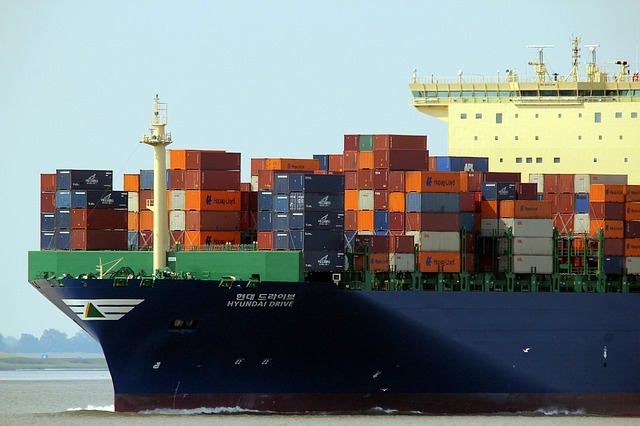Transport insurance is one of the most complex in the insurance context. For this reason, and due to globalization and the growing volume of shipments, we believe it is important to know the essential elements that characterize the transport of goods and their insurance.
Basic concepts in freight forwarding
The owner of the goods (whoever is the owner at any given time) is responsible for the goods and assumes the consequences of their loss. This will be our maxim before a transport insurance, since the owner, in case there is a loss with the merchandise, will be the beneficiary of the corresponding compensation.
Given the internationalization that has existed in transportation since time immemorial, an international language was required to homogenize the language of goods transportation. Thus, in 1936, the so-called “incoterms” appeared in order to facilitate transport agreements. Thanks to them, rights and obligations are distributed and known throughout a shipment.
Incoterms, of course, are complemented by the contracts signed by the parties and by national and international legislation. Hence the complexity mentioned above.
There are several key figures in the shipment of goods, but we could indicate that the essential ones are:
- The shipper: owner of the goods (manufacturer, distributor…).
- The carrier or carrier: assumes the assignment and the obligation to carry the goods to the agreed destination.
Of course, between them and the consignee there may be many key players in the case of more complex or international shipments: freight forwarders, customs agents, consolidator, stevedore…
Factors influencing transportation insurance
In the face of shipments and, with regard to their insurance, it will have a major influence:
- The goods being transported: whether they are fragile or not, perishable, flammable… as well as the state in which they are transported (refrigerated, heated, controlled atmosphere, natural…) and their adequate packaging, which is extremely important.
- The means of transportation:
- its nature: terrestrial, maritime… and
- its quality: the professionalism of the company and, in the maritime environment, the proper maintenance of the vessel (there are classification societies that assess the construction and condition of the vessel).
- The geographical scope: will determine the applicable legislation, as well as other risk factors such as climate, distance, socio-political situation…
Types of freight insurance
Cargo liability insurance
It is the mandatory insurance required by law for carriers. Now we are going to see the different types of existing insurance, depending on the type of shipment/transport that is taking place:
- LOTT: which regulates the national land transportation of goods. Compensation is paid up to a maximum of €6 per kilogram of goods.
- CMR: convention governing the international carriage of goods by road. In your case, the compensation is a maximum of 8.33 Special Drawing Rights per kg (just under 10 euros).
- And many more, depending on the type of shipment.
The problem with this liability insurance, which is the basic one, is that there is a serious prejudice to the shipper, who will receive a compensation probably below the real value of the goods
. In addition, it is only paid if there is liability on the part of the carrier. In other words, there are many cases in which the goods are damaged and would be outside the scope of coverage.
For this reason, these policies are often complemented by what are known as “damage insurance policies”, which increase these indemnities.
The damage insurance with extended coverages
In this case, we are talking about the usual practice that exists in our country of carriers taking out insurance as depositaries of the goods they are transporting (as added value). If this policy is not taken out, it would be subject to the limits of liability established by law and which we have seen in the previous section.
This insurance can also be taken out by the shipper himself (owner of the goods), who is the main interested party in being compensated for the actual value of the goods and not by weight if something happens.
This policy is much more comprehensive in that it covers only the carrier’s “liability” for all of this:
- If there is an accident in the vehicle and the carrier is not held liable, no amount will be indemnified (and, on the other hand, with this insurance, yes).
- In case of atypical natural phenomena, the carrier is not liable (the damage insurance would pay).
- The same thing happens in situations involving strikers
- In the case of theft, the coverage is more extensive
- The insured value for the goods shall be the value of the goods plus justified expenses. That is to say, much higher than the carrier’s liability.
In transport insurance, it is no longer a question of the carrier’s liability or not, but rather of the coverage in the policy, i.e. which cases are covered
. We could distinguish three:
- Basic coverage insurance: fire, lightning, explosion and theft, in addition to accidents of the vehicle itself that damage the merchandise.
- Insurance to broad Spanish conditions: in addition to the basic ones, it can cover breakage, wetness, bad stowage…
- English clause insurance (ICC “A”): like an All Risks with a few exclusions (malice, bad packaging, inherent vice…).
As we can see, these are insurances that require knowledge of fundamental issues in the insurance world. From PIB Group Iberia we will help you find the policy that best suits your budget and interests.






